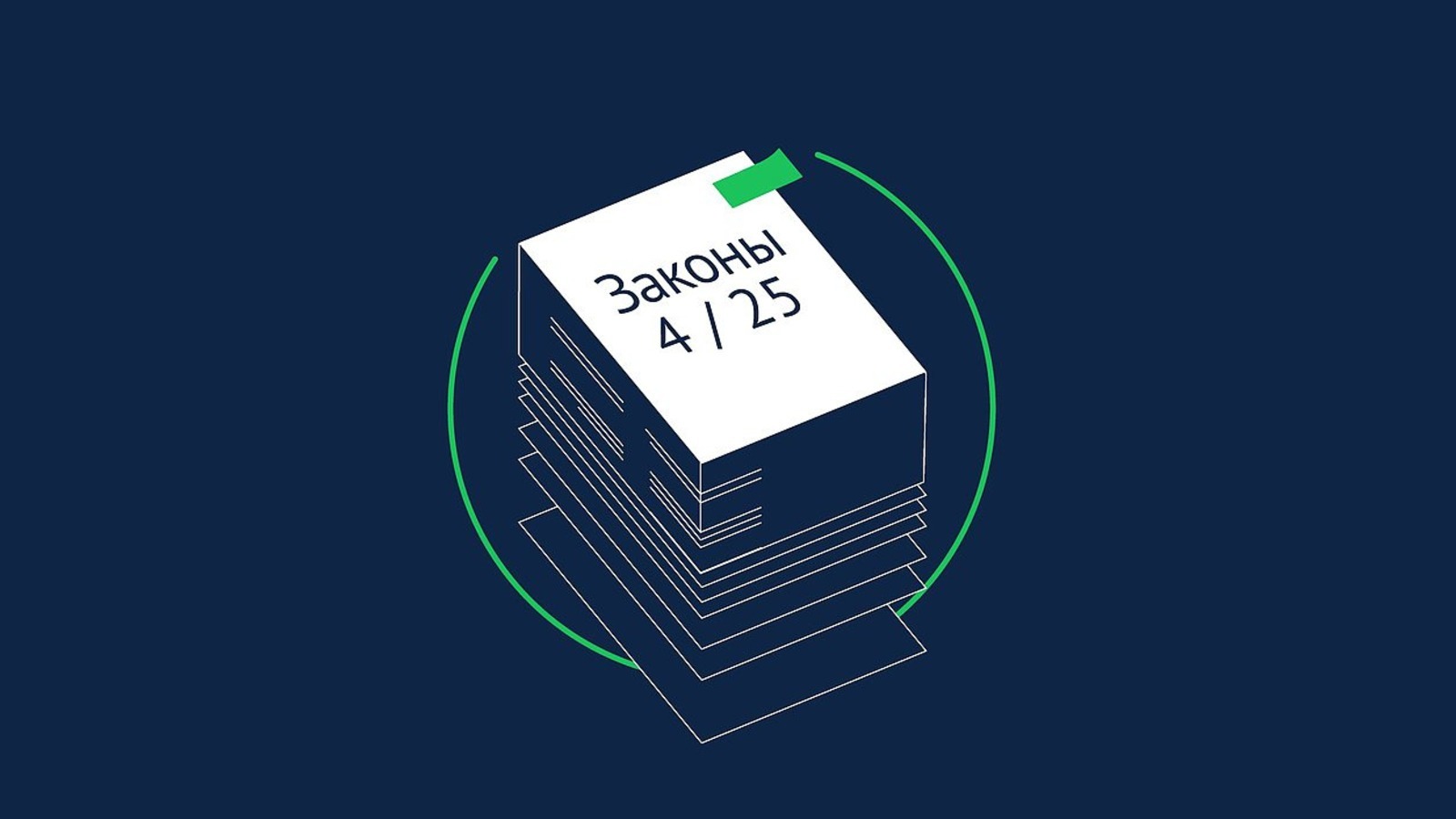New federal laws to come into force in Bashkiria in April

State Duma Chairman Vyacheslav Volodin announced new federal laws that will come into force in April.
Children of migrants will not be accepted to schools without knowledge of the Russian language. When entering a general education organization, they will be required to check the legality of their stay in our country and their level of proficiency in Russian. This is important for the child's social adaptation and successful mastery of the school curriculum, as well as for classmates and teachers.
A new law for telephone scammers will be enacted in Russia in April 2025. Now, a Russian citizen can register no more than 20 SIM cards. You can check the number of SIM cards registered to you on Gosuslugi. This will help combat cyber fraud involving communication services.
A unified educational program will be launched in children's camps. Children's recreation and health institution employees can use it when making plans. The program will instill the younger generation with traditional spiritual and moral values. Particular attention is planned to be paid to forming respect for the memory of the defenders of the fatherland and their hard work.
Social pensions will be indexed by 14.75% in April. The amount of indexation is calculated based on the growth rate of the subsistence minimum for pensioners over the past year. Social pensions are received by citizens with disabilities, those who have lost a breadwinner, and those who do not have work experience or are insufficient to assign an insurance pension.
Another April innovation will be the exemption of the construction of individual residential buildings under contracts using escrow accounts from VAT. This will increase the availability of such houses for citizens.
From April 1, the Bank of Russia will be able to set macroprudential limits for credit and microfinance organizations in mortgages and car loans. The macroprudential limit is the maximum share of unsecured lending (without collateral) in the total volume of loans and credits. Such limits help to curb the growth of citizens' indebtedness.
Also, from April 1, Russia will introduce mandatory deductions of 3% of quarterly income from the distribution of advertising on the Internet. The funds will go to the federal budget. They are used to support copyright holders of Russian programs and databases and to develop information resources, the list of which will be established by the government. Deductions are not paid when distributing advertising on sites owned by broadcasters of television or radio channels and news agencies.
Author: Sergey Nikolaev
